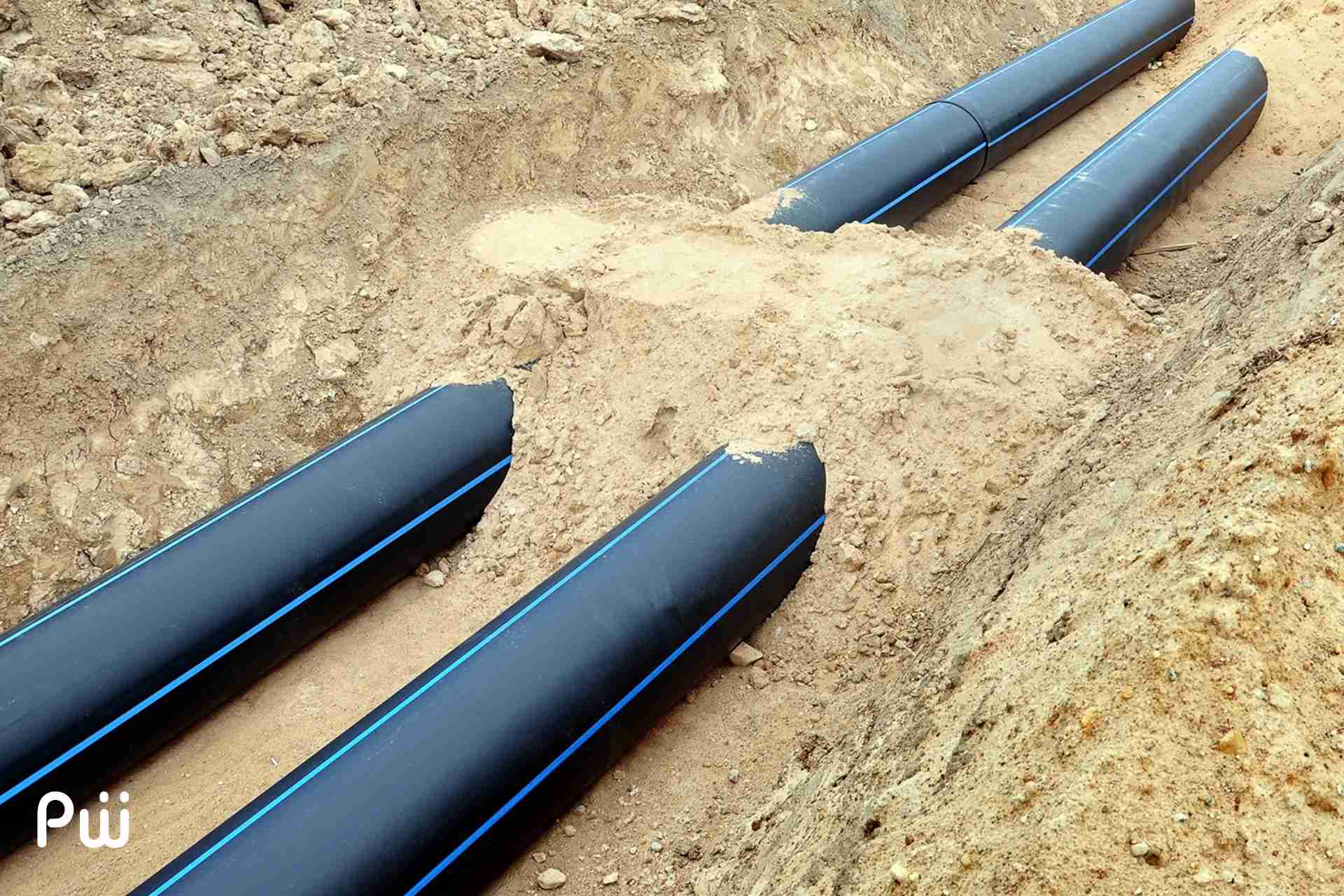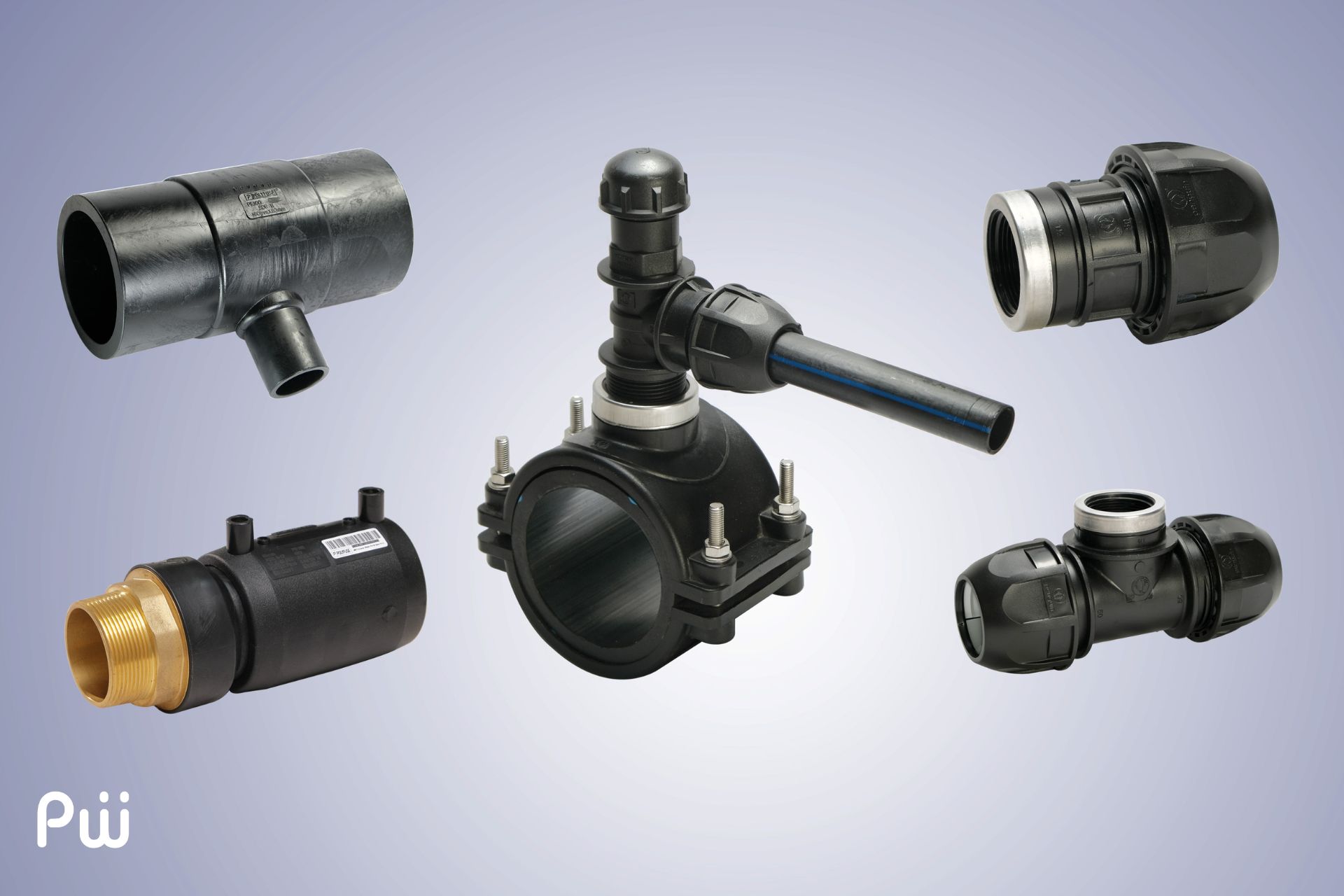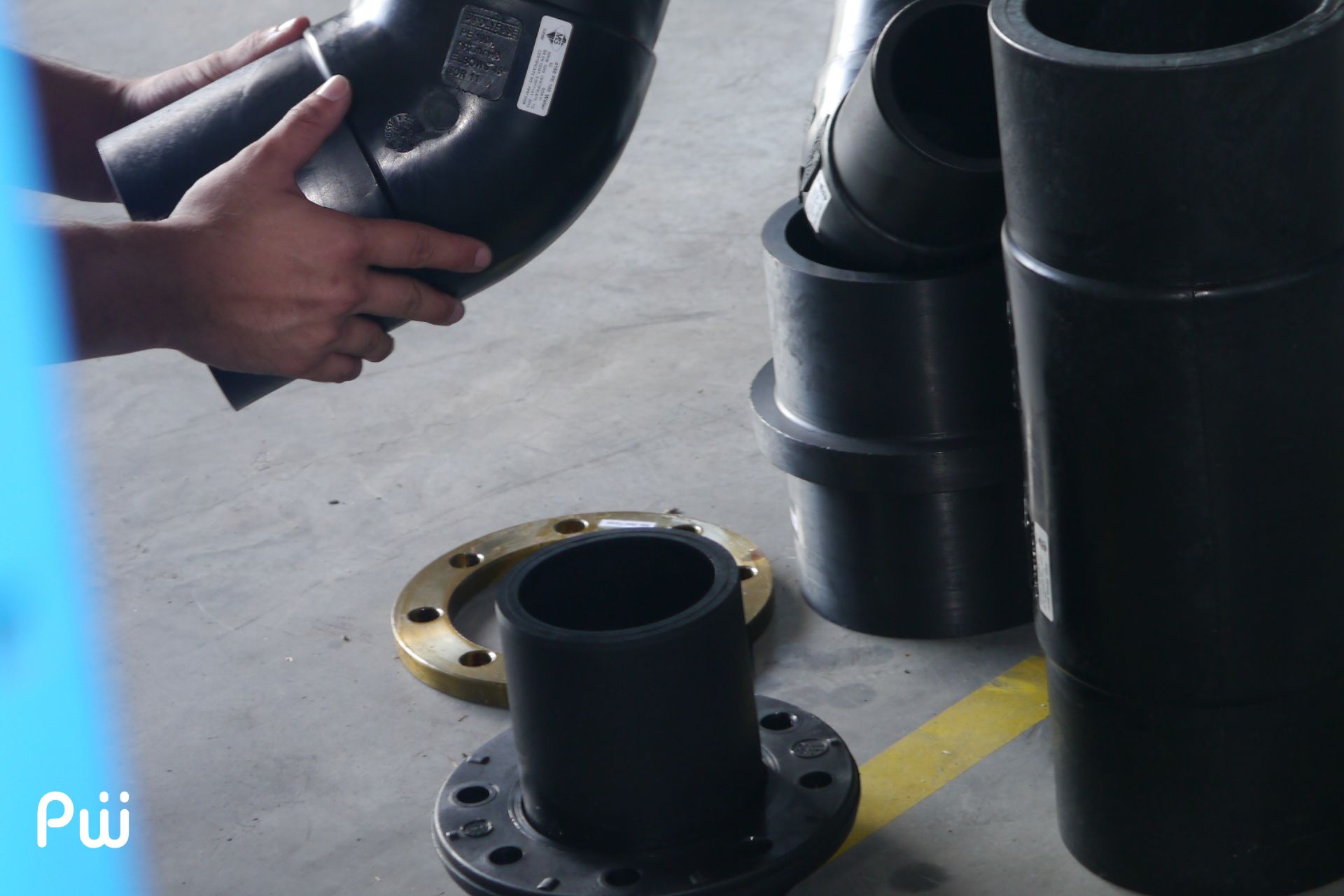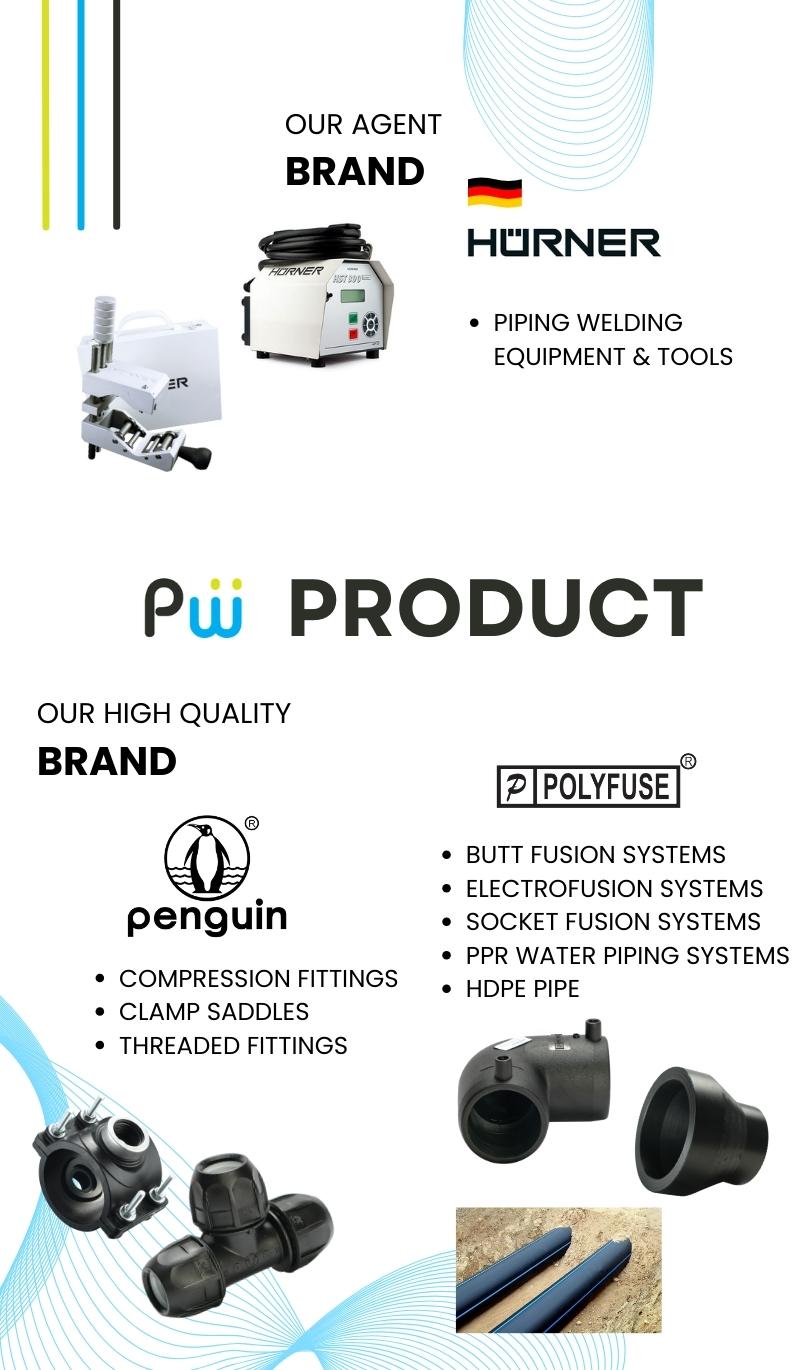Water is one of our planet’s most precious resources, and ensuring its availability and quality is essential for the well-being of both current and future generations. The importance of sustainable water management has never been clearer, and HDPE (High-Density Polyethylene) pipe fittings have emerged as a remarkable eco-friendly choice for water systems. In this article, we will explore the benefits of HDPE pipe fittings in the context of sustainability and their impact on water infrastructure.

The Eco-Friendly Essence of HDPE
HDPE pipes and fittings are renowned for their ability to withstand the test of time, making them a sustainable choice for water systems. These fittings can last for several decades, reducing the need for replacements and minimizing the environmental footprint associated with manufacturing and transportation.
Reduced Environmental Impact
The use of HDPE pipe fittings also offers a range of environmental benefits. Unlike some other materials, HDPE is highly resistant to corrosion, meaning that the potential for leaks and contamination is significantly reduced. This corrosion resistance can help prevent the release of harmful substances into the environment, which is critical for maintaining clean and safe water supplies.
Additionally, HDPE pipes and fittings are lightweight and easy to transport. Their light weight reduces transportation costs and the associated carbon emissions. The ease of installation further reduces the environmental impact, as it requires less heavy machinery and manpower.

Water Conservation
Water conservation is a fundamental pillar of sustainability, and HDPE pipes and fittings play a significant role in this regard. The efficient design and low friction characteristics of HDPE pipes allow for the smooth flow of water, reducing the energy required for pumping. This not only saves energy but also helps maintain water pressure and quality, ultimately reducing water waste.
Resilience and Adaptability
Climate change is a growing concern, and it has direct implications for water systems. HDPE pipe fittings are designed to be highly resilient and adaptable. They can withstand a wide range of environmental conditions, including extreme temperatures and soil movements. This durability ensures that water systems can continue to function effectively even in the face of challenging circumstances, promoting long-term sustainability.

Sustainable and Future-Ready
Beyond strength, HDPE’s long lifespan, often exceeding 50 years. Makes it one of the most sustainable choices for modern infrastructure. It requires fewer replacements, produces lower carbon emissions, and is fully recyclable at end-of-life.
Conclusion
Sustainability is a pressing global issue, and the choices we make in water infrastructure have a significant impact on the environment and future generations. HDPE pipe fittings represent a remarkable eco-friendly choice for water systems. Their durability, and reduced environmental impact make them a sustainable option. Furthermore, they promote water conservation and can adapt to the challenges posed by climate change.
As we strive to secure clean and reliable water sources for the future, HDPE pipe fittings stand out as an eco-friendly and responsible choice. By embracing these innovative solutions, we can contribute to the preservation of our environment while ensuring the availability of clean and safe water for generations to come.
Data Compilation by
Polyware Team

By purchasing our Polyware HDPE products, you are committing to making a contribution to environmental protection. At the same time, you are ensuring a better world environment for future generations.
